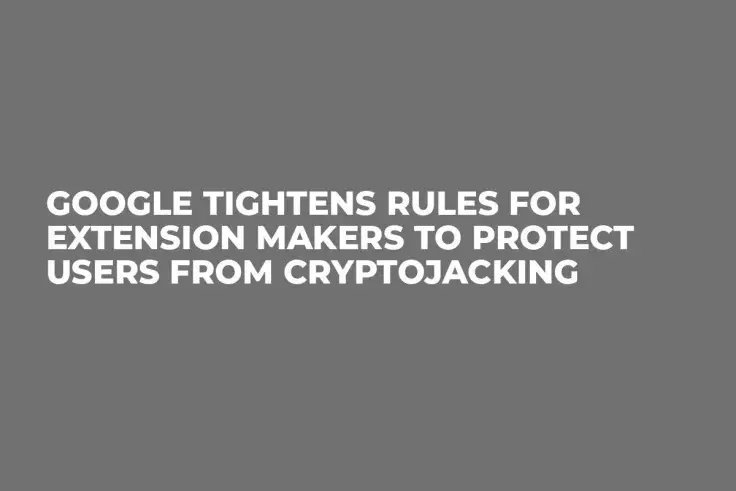The Internet giant intends to introduce several changes to the manner it deals with Chrome extensions that require additional permissions. Besides, the company is introducing more rigorous rules for IT experts who develop and sell their extensions through the Chrome online store.
Google: extensions should be safe
In Monday’s blog post, Google team wrote that customers should be convinced that they download safe extensions which will keep their data private and ensure good performance.
In the new version of Chrome browser, consumers will be able to set limits to extensions when it comes to accessing custom lists of websites or to change extension settings so that they demand permission every time they require access to a Web page.
Google emphasizes that if an extension insists on permissions it will be taken down for a special review. Extensions that have a code of a distant hosting will also be carefully watched and scrutinized.
Danger of being misused
Google spoke about this step saying that host permissions, even though they allowed users to utilize them in various creative ways, also caused a great deal of misuse. Hackers often took advantage of that. Now Google intends to protect user data from malicious attacks.
Also, from now on the company will ban extensions that have any hidden or obfuscated code inside them.
The blog post claims that over 70 percent of extensions are dangerous for users and contain that sort of code and are sold in the Google’s Web store. Besides, this type of codes makes the reviewing of extensions for Google more difficult.
Anti-hacker measures
In Google, they believe that access to user data must belong only to users. Another measure to achieve this is the new policy which implies that a 2-step verification must be implemented for all accounts of extension developers. This should prevent hackers from taking over those accounts.
Earlier, computer criminals used extensions in the Google browser to gain access to computers of victims.
Google has also opened a witch hunt on extensions that allow hackers to mine crypto coins without users knowing about it.


